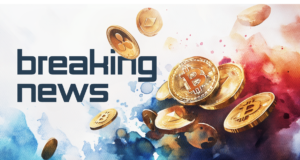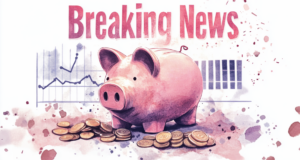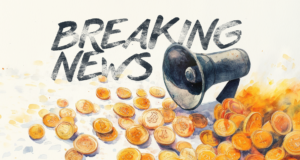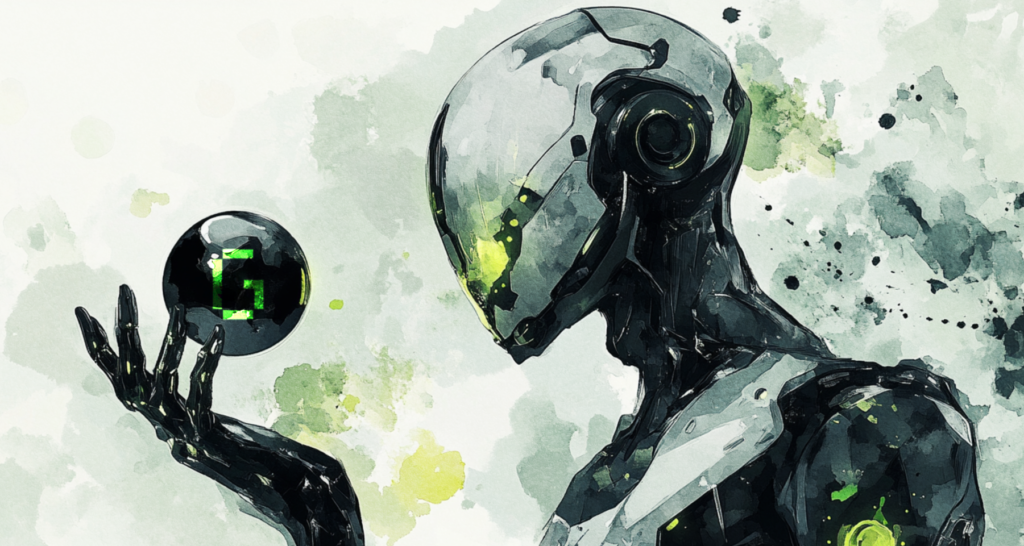Challenges Arise with Worldcoin’s Identity Verification

As the highly anticipated launch of Worldcoin’s token approaches, concerns are mounting regarding the integrity of its unique individual verification process. Co-created by Sam Altman from OpenAI, Worldcoin aims to distribute tokens to those who can prove their uniqueness by undergoing iris scans using Worldcoin’s specialized orbs.
On this page
However, recent reports have surfaced, indicating identity verification faced some challenges.
BlockBeats, a Chinese news site, brought attention to the issue through a series of tweets. According to their findings, individuals in China, unable to directly sign up for Worldcoin's token distribution, are resorting to purchasing iris scans taken in Cambodia and Africa. By doing so, they can bypass the system's restrictions and potentially gain access to the tokens reserved for verified unique individuals.
The revelation has ignited a wave of criticism on social media platforms like Twitter, with users expressing their discontent over these unethical practices.
Worldcoin's spokesperson responded to the allegations, acknowledging the instances of unauthorized access but downplaying the scale, stating that it was confined to “a few hundred instances.” The spokesperson emphasized the Worldcoin team's vigilance in identifying suspicious and potentially fraudulent activities.
They cited ongoing threat monitoring measures aimed at curbing any further incidents where individuals sign up for a verified World ID that is then transferred to a third-party's World App instead of their own.
The content on The Coinomist is for informational purposes only and should not be interpreted as financial advice. While we strive to provide accurate and up-to-date information, we do not guarantee the accuracy, completeness, or reliability of any content. Neither we accept liability for any errors or omissions in the information provided or for any financial losses incurred as a result of relying on this information. Actions based on this content are at your own risk. Always do your own research and consult a professional. See our Terms, Privacy Policy, and Disclaimers for more details.


























